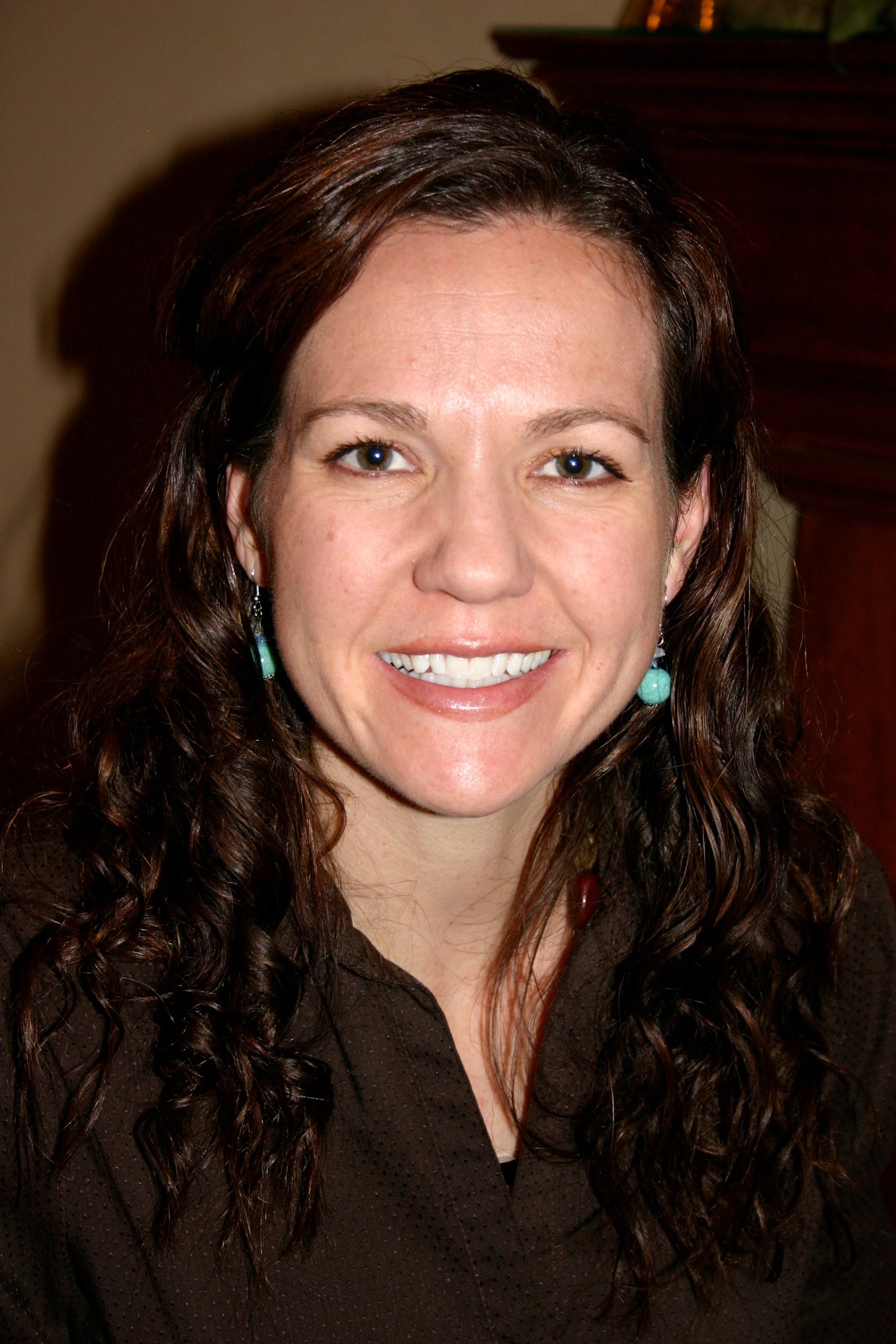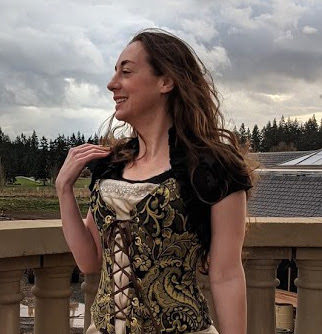Cami is a part-time author, part-time exercise consultant, part-time housekeeper, full-time wife, and overtime mother of four adorable boys. Sleep and relaxation are fond memories. She's never been happier. Deirdra: What makes you passionate about writing? Cami: Writing makes me feel like I’ve a…
Saturday, December 29, 2012
Saturday, December 15, 2012
Interview with Author Betsy Brannon Green
Deirdra: When did you first know you wanted to be an author?
When I was very young. I was about three when realized that I could tell a very good story. (Translation, I was a great liar.) I loved to watch my ‘audience’ and see the horror or wonder or amusement on their faces as I spun a tale. My m…
Saturday, December 8, 2012
Inter view with Paul Anthony Shortt
Author Bio: A child at heart who turned to writing and roleplaying games when there simply weren’t enough action figures to play out the stories he wanted, Paul Anthony Shortt has been writing all his life. Growing up surrounded by music, film and theatre gave him a deep love of all forms of storytel…
Thursday, December 6, 2012
The Mouth of the Dragon by Ronda Hinrichsen
Another Amazing book by Ronda Hinrichsen that I had the honor of illustrating.
The Mouth of the Dragon, the third book in my Heroes of the Highest Order Series is now available as an ebook at Amazon, Barnes and Noble, and Smashwords. Still working on the print version. Here's a quick blurb …
Saturday, December 1, 2012
Interveiw with Author James Hutchings
When did you first know you wanted to be an author? I think I've wanted to do something creative since I was a teenager. But I've tried several different things, such as music and filmmaking, before I finally settled on writing. To be honest, if it turned out that I was actually better at, s…
Subscribe to:
Posts (Atom)
Total Pageviews
Pages
- Home
- Art
- The Watchers Books
- Time Management For Creative People Workbook
- Book Trailers
- About Deirdra
- Clothing Designs and Paper Dolls
- Photography
- The Watchers Screenplay
- Crafts and Remodeling
- Book Covers
- Animal Family
- Free Stuff
- Watchers Worldwide
- Q & A
- Contact
- Recipes & Food Art
- Family Safety Advocacy
- My Garden
- Endorsements
- The Sanctuary
- News & Events
- Little Church on the Prairie
- Religious Women's Studies
- A Storybook World Podcast
|
Add this to your site |
Highlight the code below to get A Storybook World button


.jpg)






